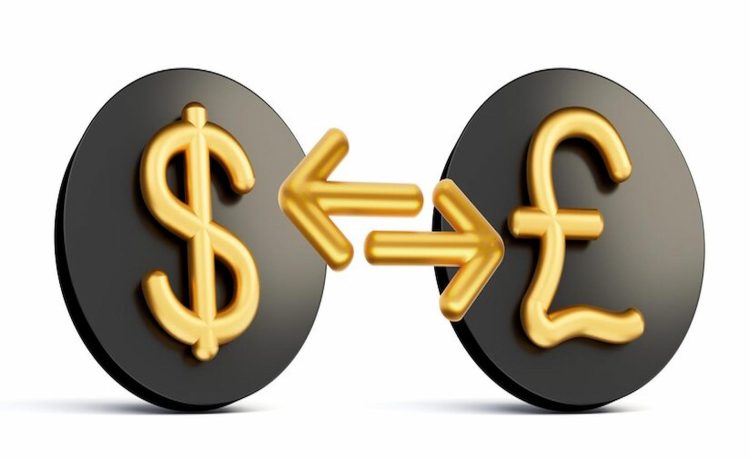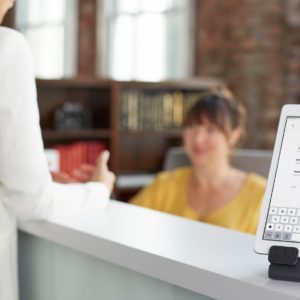Currency exchange is crucial for international travel, trade, and online transactions. With a range of options at your disposal, knowing how to effectively navigate currency exchange can lead to informed decisions and cost savings. This guide will examine various currency exchange methods, outlining their advantages and disadvantages, along with tips for securing the best rates.
Understanding Currency Exchange
Currency exchange refers to the process of converting one currency into another at a designated rate. Exchange rates fluctuate based on market demand, economic conditions, and geopolitical events. Therefore, being aware of these factors can help you choose the best time and method to exchange your currency. If you’re looking for reliable currency exchange in Covent Garden, be sure to compare rates from different providers to get the best deal.
Exchange Rate Types
There are two main types of exchange rates: fixed and floating.
- Fixed Exchange Rate: This rate is pegged to another currency or a basket of currencies, offering stability. Countries with fixed exchange rates may maintain them through government intervention.
- Floating Exchange Rate: This rate fluctuates based on market forces. Most major currencies, like the US dollar and Euro, follow a floating exchange rate system. While this can lead to potential gains, it can also pose risks due to volatility.
Currency Exchange Options
When it comes to exchanging currency, you have several options:
Banks
Most banks offer currency exchange services, making them a convenient option for customers. They usually provide competitive rates and lower fees than other services. However, some banks may charge a service fee, so it’s essential to inquire about costs before exchanging money.
Currency Exchange Bureaus
Currency exchange bureaus are often found in airports, tourist areas, and city centres. They provide quick and convenient services but may charge higher fees or offer less favourable rates than banks. Always compare rates from different bureaus to ensure you get the best deal.
Online Currency Exchange
Online platforms allow you to exchange currency conveniently from home. They often provide competitive rates and lower fees compared to physical locations. However, ensure the platform is reputable and offers secure transactions before proceeding.
ATMs
Using ATMs abroad is a popular way to withdraw local currency. While they typically offer competitive exchange rates, be cautious of potential foreign transaction fees charged by your bank. Additionally, some ATMs may impose their own fees, so look for those affiliated with your bank for lower charges.
Tips for Getting the Best Rates
Research Rates in Advance
Before exchanging currency, research current exchange rates using online tools. This information will help you identify fair rates and avoid unfavourable offers.
Exchange Currency in Advance
If possible, exchange some currency before your trip. This can help you avoid high airport rates and ensure you have cash on hand upon arrival.
Avoid Airport Exchange Services
While convenient, airport exchange services often charge higher fees and provide less favourable rates. If you can, wait until you reach your destination to exchange currency.
Use Local Currency
When making purchases abroad, always opt for transactions in the local currency. Some merchants offer to convert prices into your home currency, but this can lead to poor exchange rates and additional fees.
Conclusion
Navigating currency exchange options can be overwhelming, but understanding the various methods and strategies can empower you to make informed decisions. By researching exchange rates, comparing options, and being cautious with fees, you can maximise your currency exchange experience and make your travels more enjoyable.





